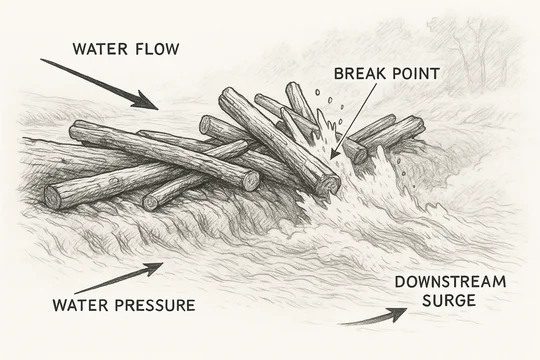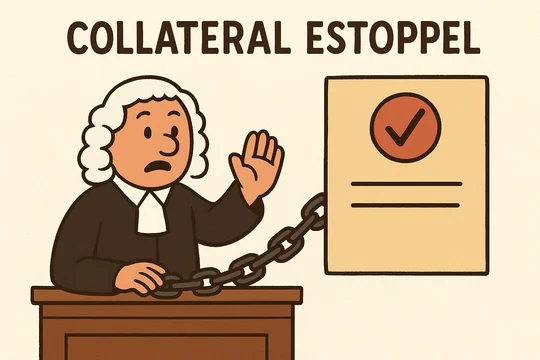It can take quite a while to resolve summary judgment motions. In essentially every patent case they take up hundreds of pages of briefing accompanied by hundreds more pages of declarations, reports, and exhibits on the most arcane technical matters.

For this reason, all of our Article III judges' form scheduling orders (except Judge Andrews) explicitly instruct the parties to leave 3 or 4 months (3 for Judge Connolly, 4 for the remainder) between the close of briefing and the pretrial conference.
Because a modern patent trial tends to involve a great deal of back and forth on exhibit lists, designations, statements of facts, etc., the pretrial order is usually prepared -- or …








